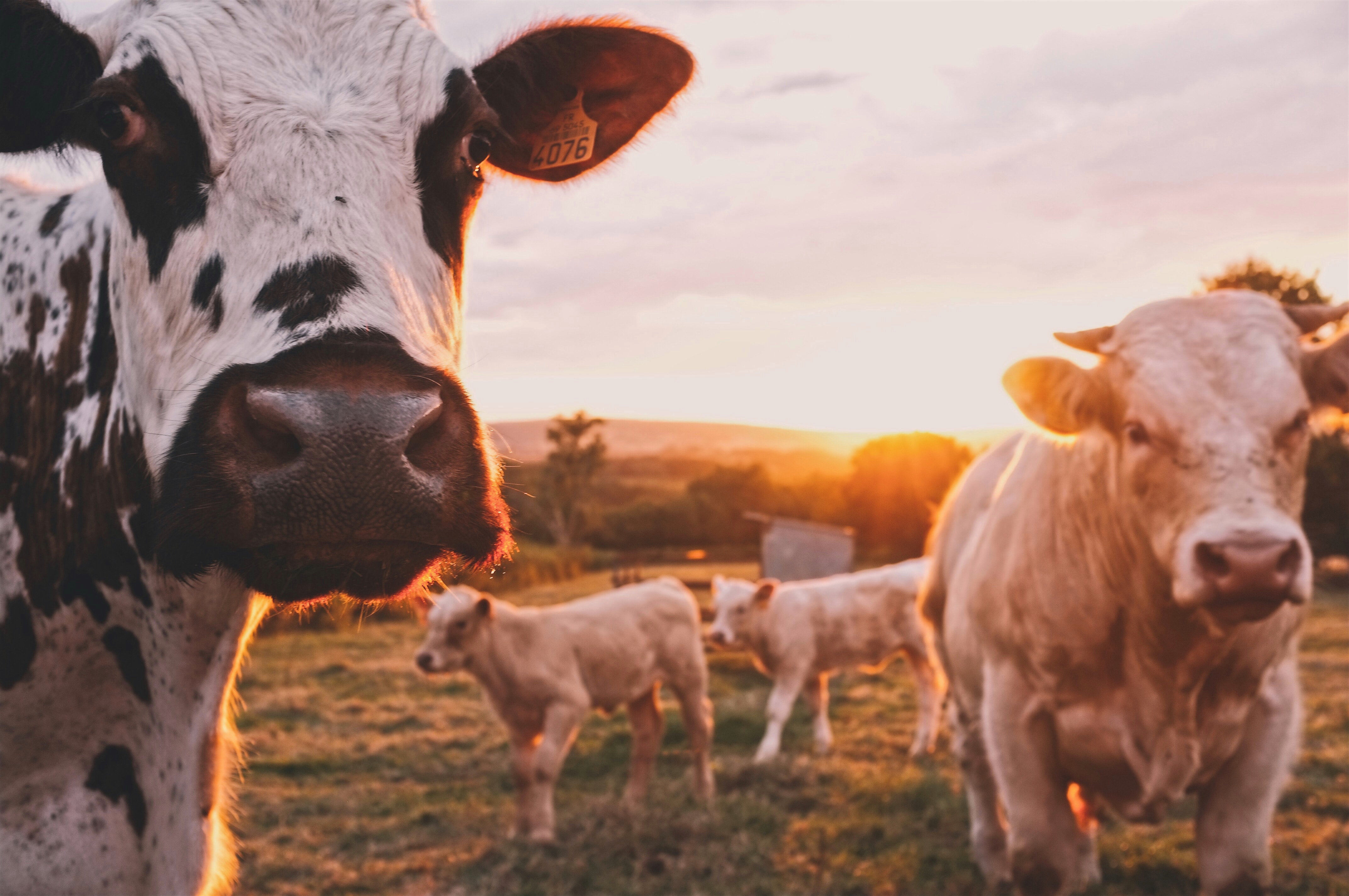“Beef Slump” … That headline faced me this week as I ripped open the packaging on one of my weekly farming papers. The theme continued with “Ongoing Uncertainty Hits Markets” and it’s the same story that I’m hearing from local producers in the Highlands, who say that prices are typically down 10 per cent or more over the past 12 months. Add to this a rise in feeding costs of 13 per cent and it’s all too easy to see why beef producers are struggling to make ends meet.
Of course, Lamb is suffering in a similar way and although Pork is bucking the trend, the worry there is the ongoing threat of African Swine Fever which has now spread to Europe.
As the week went on at the Royal Highland Show many theories emerged about what was really happening in the meat industry, but Brexit uncertainty, falling leather prices and the effect of a change in eating habits are all having a knock-on effect.
In the long-term there will be a smaller beef herd, with production expected to continue to fall in 2020 as farmers reduce numbers on the back of these falling prices.
Professor Tim Lang – the Professor of Food Policy at the University of London, reflected the thoughts of most farmers when he said, “Food matters hang in the balance while the Tories choose the new Prime Minister”.
He added that British Agriculture is, and will continue to suffer the effects of a four-pronged attack …
- Everything is on-hold as far as future agricultural policy is concerned and neither potential leader talks much about food.
- The next crisis after Brexit will be food security, or the ability to feed ourselves as a nation.
- After Brexit there is still no strategy with who our food allies are going to be and even if we carry on trading with Europe, will there be any goodwill left with our nearest neighbours?
- Where does the fallout from all of the above leave us with food standards? Will the UK be reduced to USA or even lower food quality?
Professor Lang concludes that we should think “Food First” when choosing a new Prime Minister. But there’s the problem … It’s not “we” who are choosing, with the blonde candidate totally remote from the Highlands and I would think clueless when it comes to things like our local economy.
However, agriculture is a devolved issue and North of the Border we should at least have some control over farming and food strategy, shouldn’t we?
I don’t see much evidence of any future strategy, with each side blaming the other for the lack of action when it comes to dealing with what Prof. Lang calls these four imminent crises facing farming on both sides of the border.
Surely though, it is not too difficult to carry out some “what if” scenarios and find solutions of how to deal with them?
Other industries have clear strategies in place in the event of deal or no-deal, but as far as farming, food and drink goes, we seem to have no clear guidance.
“Of course, farming will survive … after all we have been through wars, depression, rampant inflation, damaging weather and diseases such as foot and mouth” … the words of NFU Scotland President Andrew McCornick speaking at the Royal Highland Show last week, but he added that “Every single politician in both Westminster and Holyrood is promising jam tomorrow … but if they are not careful, there will be no bread to put that jam on”.
I couldn’t agree more and just as it is with climate change, farming and feeding our own people should be a central part of the Brexit solution as well … Future Prime Ministers would do well to take note of that.
@farmerjonesy
